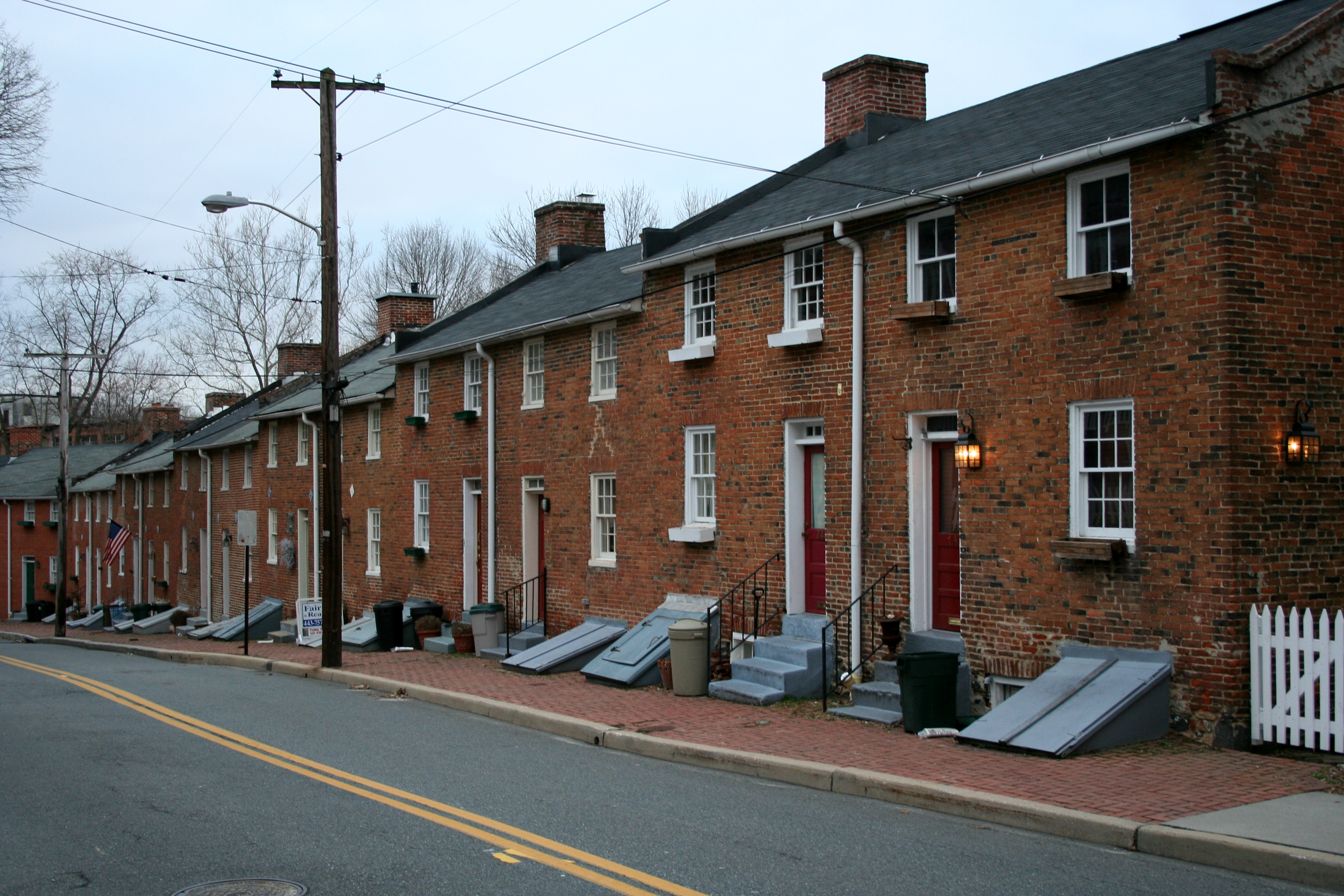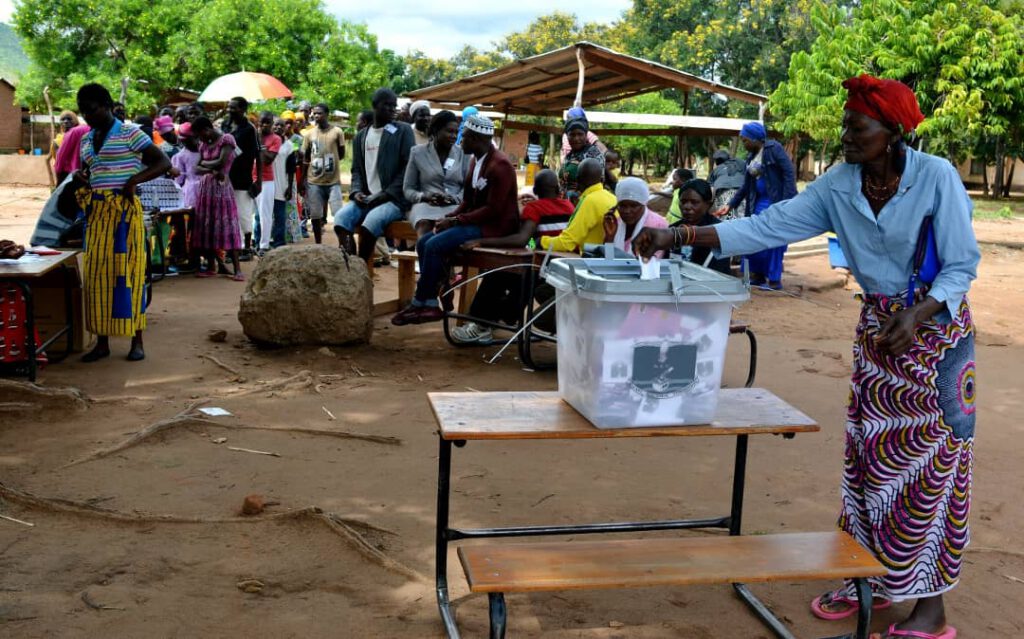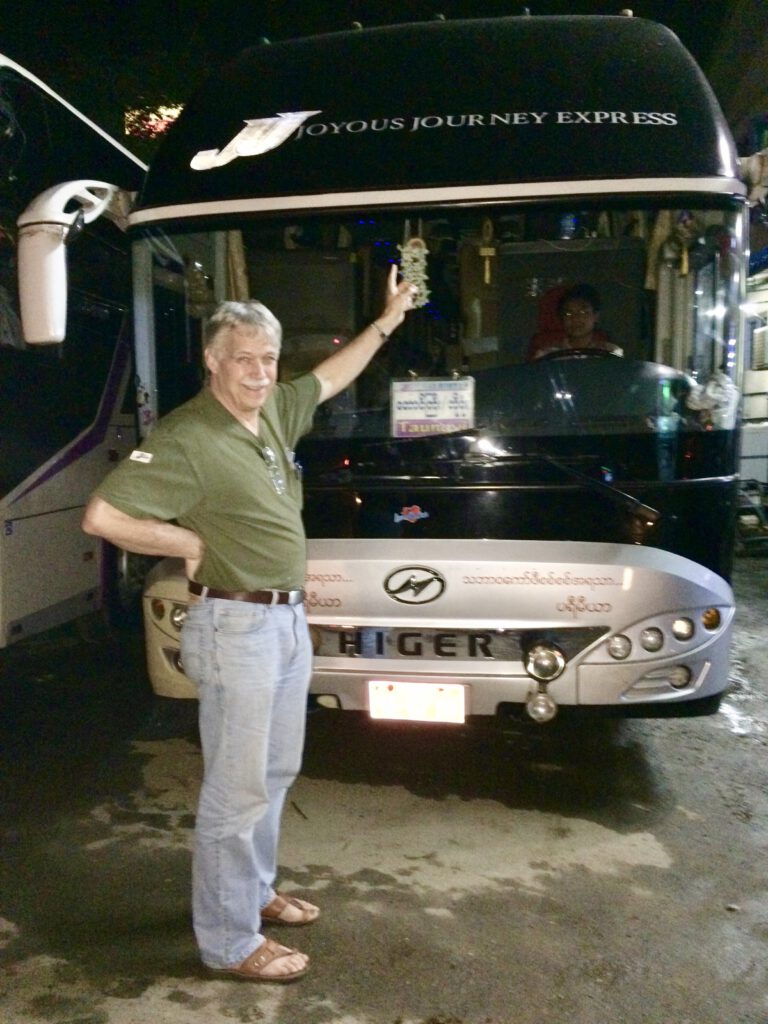Those who scan the faith scene of the Western world continue to write obituaries for the forlorn churches of Europe, where a handful of stubborn faithful gather on appointed days to full-throated baroque organ and sonorous liturgy. A wistful poet has named this scene ‘the threadbare brocade of a passing age.’
Some years ago I pitched up on a small university campus in Birmingham (UK) in the interest of some private study. (The campus was generously endowed by Britain’s legacy chocolate maker, the Cadbury family.) No part of Britain is considered more secular, more ‘burnt over’ as church sociologists describe it, than the West Midlands. The tracts of row houses shelter the castoff workers from the now idled automobile factories where Watts’ early steam engine was birthed. These abandoned industrial workers and their families offered their own riposte: they abandoned the houses of worship who were indifferent to their plight.

I sat with a sociology researcher one day who wondered about this received doctrine defining the working classes of the English Midlands. Had all sense of spirituality also died with their alienation from organized religion? He set out on foot down the sullen streets in hope of conversation with those who lived behind those shutters and doors. And he brought back with him a sheaf of fascinating stories; stories that suggested a rich, surviving life of spirit and soul. He offered the following as sample.
His knock at one door brought him face-to-face with a bear of a man, a veteran of the Burma campaign during World War II. Invited in, the researcher asked if people ever offered prayer in this home. He was met with derisive laughter. ‘Prayer?’ the man replied in disbelief. ‘Not on your life!’ Then there was a pause. ‘Though, I must say,’ he added soto voce, ‘and you must not breathe a word of this to the missus, you understand?’ The old soldier went on to describe an incident after the pitched battle with Japanese invaders at Kohima, India’s backdoor. The bested Japanese had begun an eastward retreat across the fabled scenes of the Burma Road, of Mandalay and the River Khwai.
His detachment pursued their advantage through the valleys and towns, coming to a section of broad paddy rice. The Japanese had taken up positions in a line of bamboo on the far side. He and his mates were ordered to cross the fields despite lack of cover and to overrun the enemy battery. As they plunged across the standing rice, the machine guns now spitting death, he was hit and fell into the water and mud. Everything around him turned crimson. As consciousness failed, he was faintly aware that someone had lifted him out of the water and muck, a spindly Gurkha, brought him to cover and laid him where medics would find him. The abashed veteran leaned forward as he concluded in a hush, ‘I don’t even know his name, whether man or angel. But I think of him often.’
The researcher then turning, asked me in earnest, ‘Is this not authentic prayer? To recognize that something beyond and above us has snatched us up for life? Has made our ordinary lives the occasion of something inexpressible? And even if by stealth, to ponder this in gratitude, though ignorant of any name?’



Amazing! I loved it🙏
Amen.
Thank you for reminding us that prayer can be so much more than a specific liturgy or perfect set of words that we think we have to say or think. As Judy and I traveled along the Blue Ridge Parkway outside of Asheville last week, I sensed this kind of prayer as we marveled at the wonder of the world and the sunsets that allow you to feel the presence of God. Thank You
Hope you and Mary Kay are doing well!